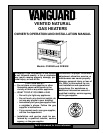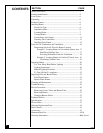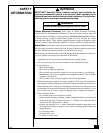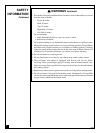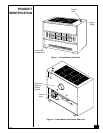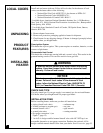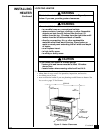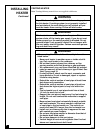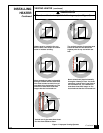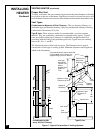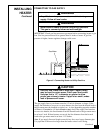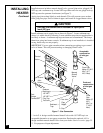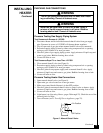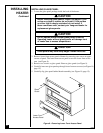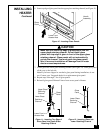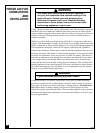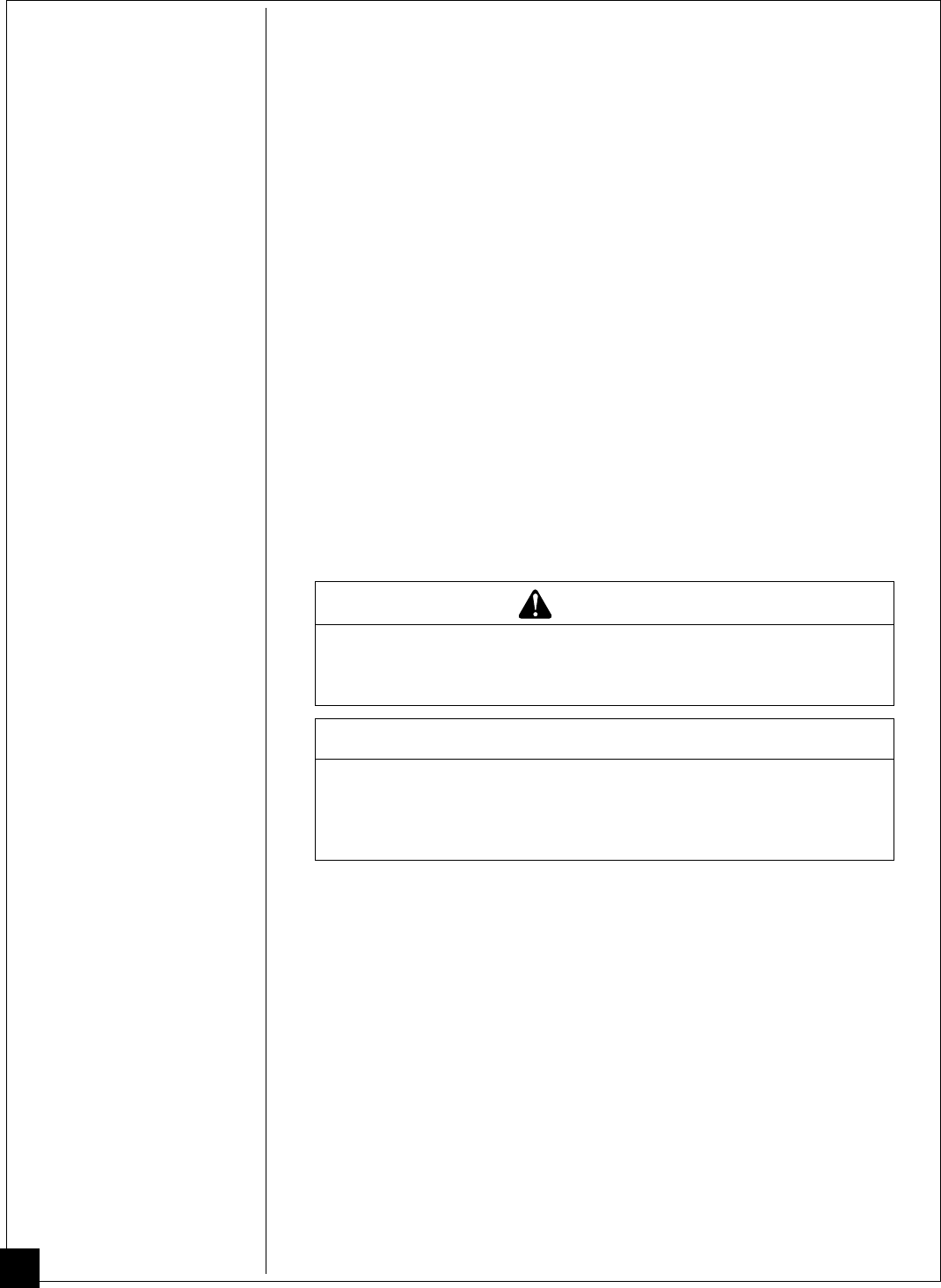
6
100353
Install and use heater with care. Follow all local codes. In the absence of local
codes, use the latest edition of the following:
• National Fuel Gas Code ANSI Z223.1, also known as NFPA 54 *
• National Electrical Code ANSI/NFPA 70 *
• National Standard of Canada CAN1-B149 **
*Available from: American National Standards Institute, Inc., 1430 Broadway,
New York, NY 10018; National Fire Protection Association, Inc., Batterymarch
Park, Quincy, MA 02269.
**Available from: Standards Council of Canada, 350 Sparks Street, Ottawa,
Ontario, K1R 7S8.
LOCAL CODES
UNPACKING
1. Remove heater from carton.
2. Remove all protective packaging applied to heater for shipment.
3. Check heater for any shipping damage. If heater is damaged, promptly inform
dealer where you bought heater.
PRODUCT
FEATURES
Piezo Ignition System
This heater has a piezo ignitor. This system requires no matches, batteries, or other
sources to light heater.
Thermostatic Heat Control
This heater has a thermostat sensing bulb and a control valve. This results in the
greatest heating comfort. This can also result in lower gas bills.
INSTALLING
HEATER
• piping (check local codes)
• sealant (resistant to propane gas)
• manual shutoff valve *
• ground joint union
• test gauge connection * (see
Figure 7, page 12)
• sediment trap
• tee joint
• pipe wrench
• venting materials
CHECK GAS TYPE
Use only natural gas. If your gas supply is not natural gas, do not install heater.
Call dealer where you bought heater for proper type heater.
INSTALLATION ITEMS
Before installing heater, make sure you have all items below.
* An A.G.A. design-certified manual shutoff valve with 1/8" NPT tap is an
acceptable alternative to test gauge connection. Purchase the optional A.G.A.
design-certified manual shutoff valve from your dealer. See Accessories, page 35.
WARNING
A qualified service person must install heater and venting
system. Have them inspect heater before use and at least
annually. Follow all local codes.
NOTICE
This heater must be electrically grounded if equipped with
blower. Follow all local codes. In the absence of local
codes, follow the National Electric Code, ANSI/NFPA 70
(U.S.) or Canadian Electrical Code CSA C22.1 (Canada).



